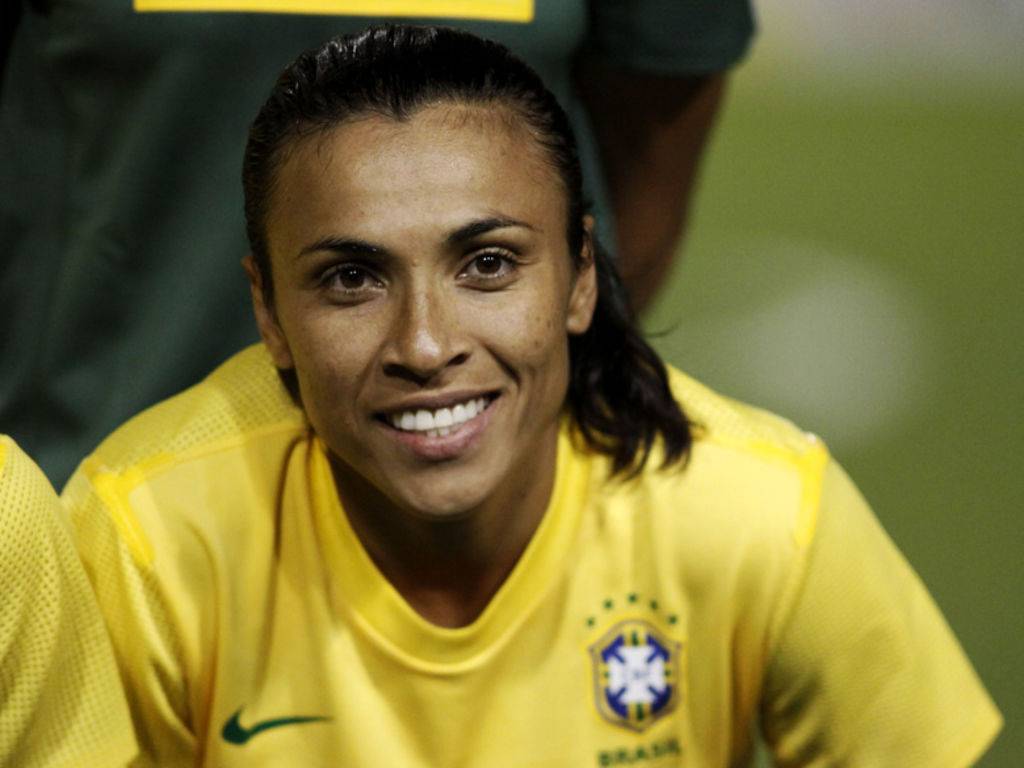

When she was disqualified for an illegal move in London in 2012, Rafaela showed news cameras racist insults being hurled at her on Twitter. It was famously shown to the world in a film of the same name directed by Fernando Meirelles, who also put on the Rio 2016 opening ceremony.

Rafaela grew up in a violent slum known as the “City of God” favela. Marta, now widely considered the world’s best player, was born in a tiny town in the backlands of Brazil’s poor northeastern region. Rafaela and Marta grew up far from the elite circles that still mostly dominate Latin America’s largest country. Less than half of Brazilians identify as white. Michel Temer, her much more conservative vice president and interim successor, immediately replaced her entire cabinet with a new group entirely composed of white men.
#Marta vieira da silva trial#
She now faces an impeachment trial over allegations of budget irregularities. In May, Dilma Rousseff, Brazil’s first woman president, was removed from office.

Questions of gender, race and representation have resonated in Brazilian politics in recent months. Brazil’s tech-savvy population has flooded social networks with messages affirming women in sports, distributing memes that read “fight like a woman,” with pictures of Rafaela, or “Marta is better than Neymar!” In the days since Rafaela and Marta took center stage in Rio, they’ve moved to the center of a national conversation that has taken place largely online.


 0 kommentar(er)
0 kommentar(er)
